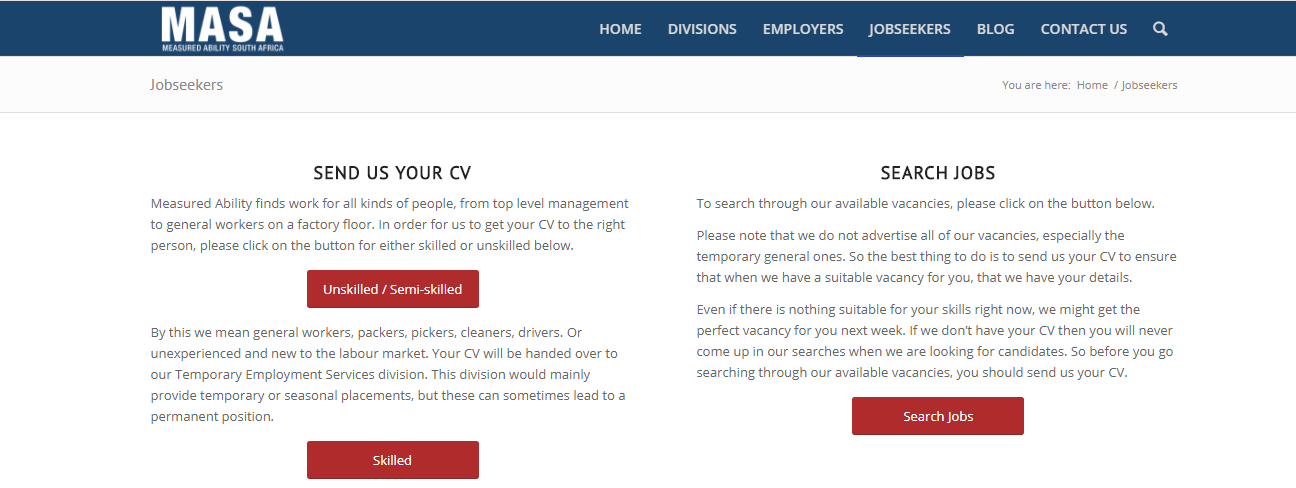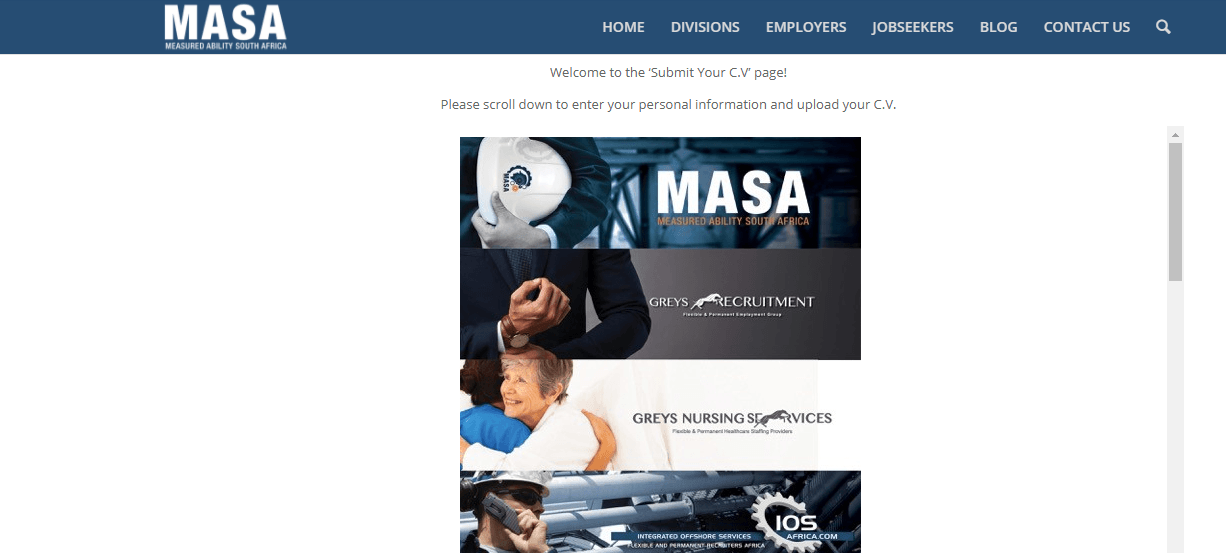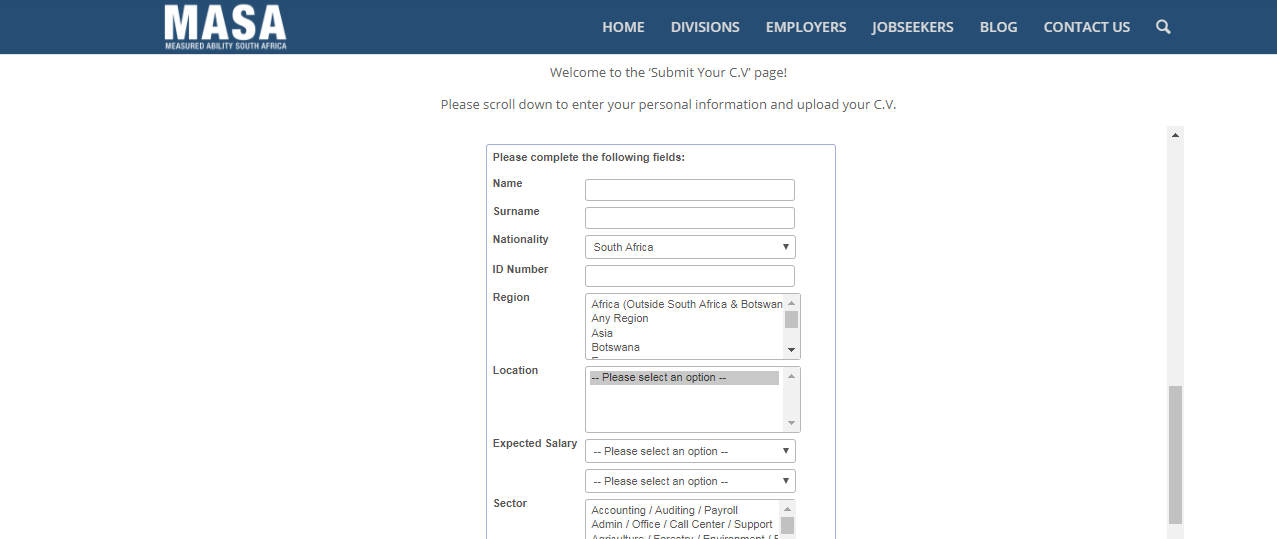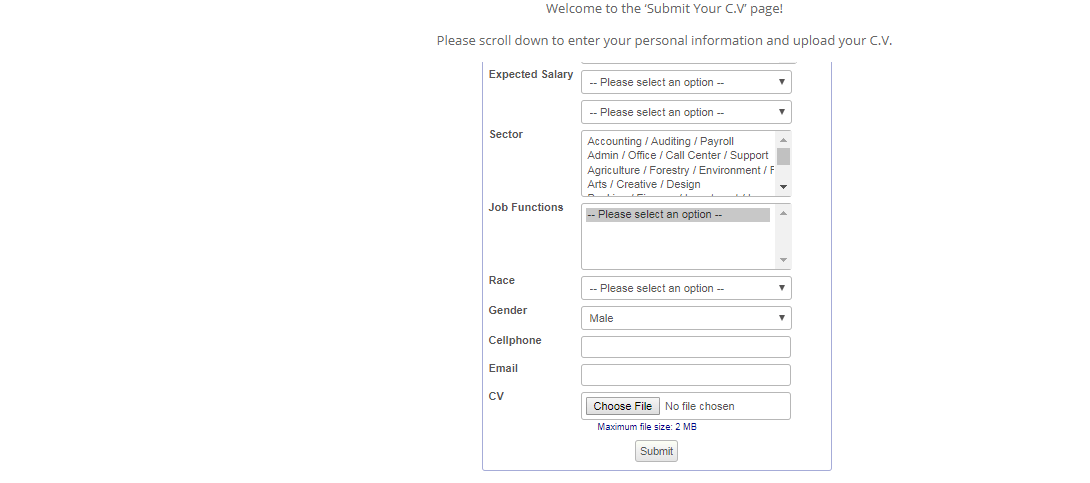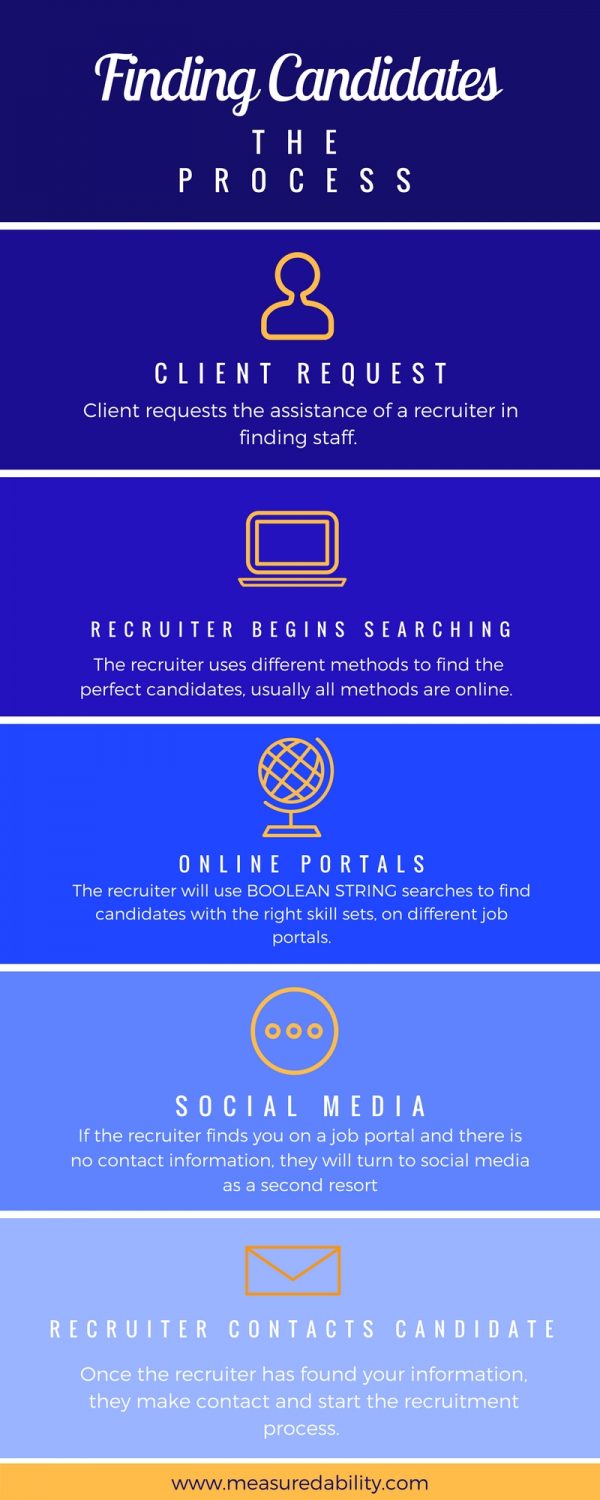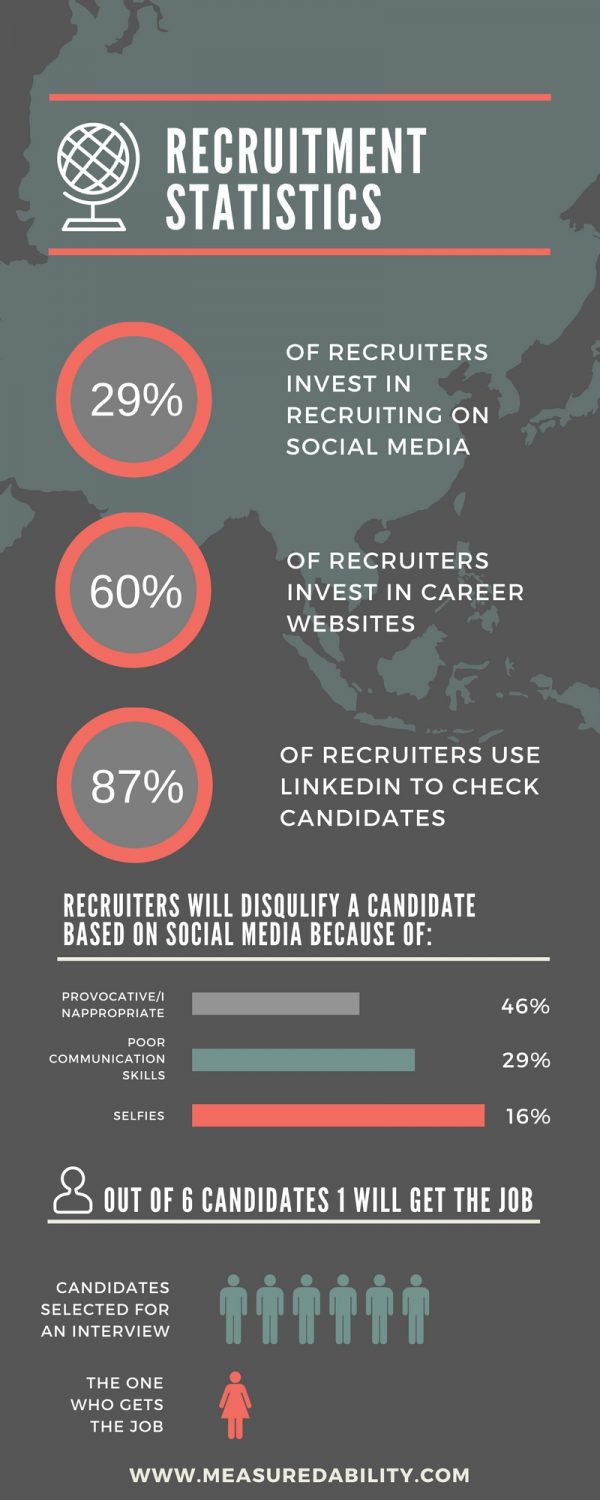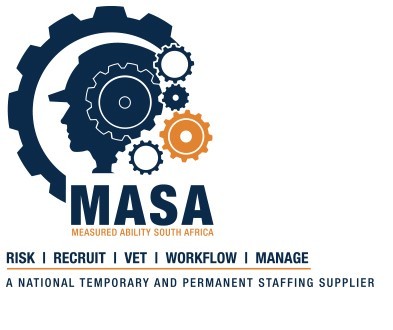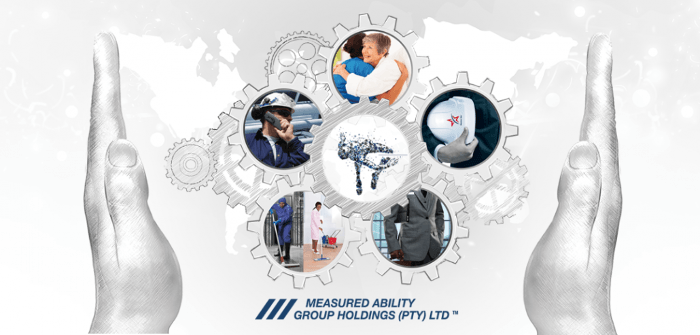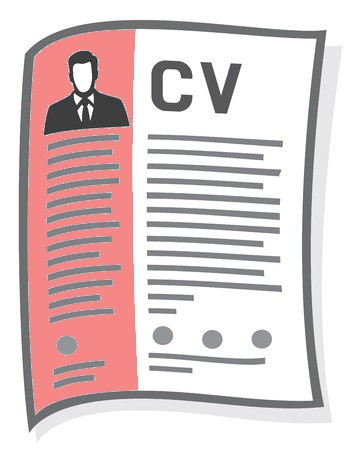ETIQUETTE PART 1: DIFFICULT CANDIDATES
We all know how stressful it is dealing with irate candidates, and to the best of your ability, you are the calming factor to them while they deal with the frustration of not having a job.
Sitting in an office of recruiters, I have noticed the ever emerging double edged sword when it comes to dealing with your candidates, or potential candidates politely. Sometimes they forget their manners, and the consultant becomes their new punching bag. Naturally, you as the recruiter was to be professional, and put that across to your candidates.
All you want is to place your candidate on the right path, and help them nurture their careers, so when they become unruly and create ridiculous expectations, it is a recruiters worst nightmare.
Let me break these candidates into 5 categories, and share light on how to deal with them accordingly:
-
The Ego Elitist
This type of candidate usually has ZERO work experience, and expect the perfect job to fall into their laps. With the perfect salary to go with it. The frustration starts when they keep pestering you, and fail to understand why you are taking so long to place them (because they are so perfect, right?). Even if they do possess an impressive skill set, the delusions of grandeur are even more impressive, and telling them that will backfire in the most dramatic way.
How to deal with and help them:
The easiest way to deal and help these candidates is to make them realise their own shortcomings. When these candidates are forced to think about their inadequacies, a more realistic way of thinking may set in.
-
The ‘whatever’ candidate
Recruitment is tiring and beneath them. Why would anyone want to have a good work ethic, surely that is for losers only? The candidates are the ones that typically cancel an interview an hour before it starts because they couldn’t be bothered.
How to deal with and help them:
Somestimes, and it is unfortunate, but you have to cut your losses. Why stake your reputation on someone who doesn’t actually want a job. Unless you are the reason they have become so unreceptive (in which case, apologies and try rekindle the relationship), these candidates will be ‘unmarketable’.
-
The ‘umm’ and ‘err’ candidate
These candidates never have an answer to your questions. They fumble with their words, and honestly have no idea what is going on half the time. Researching isn’t an obvious choice, and GOOGLE is a foreign entity. Sometimes, this is because they are inexperienced. They have never been for an interview and are unsure of the work needed to progress to the second stage of interviews.
How to deal with and help them:
Job applications can be daunting and stressful, but if you think these candidates have potential, invest in them! Coach them into becoming interview machines! It never hurts to mentor, and build a strong relationship.
-
The ‘I need you’ needy candidate
You’ve just done their first face to face interview before sending off their documentation to the respective client, and your cellphone hasn’t stopped ringing. These are the candidates that over-think everything. From what font to type out their C.V’s in, to what colour socks they should wear to their interview.
How to deal with and help them:
They need to establish boundaries, for themselves and for you. The only way to truly help them is to keep them updated when you have information, and not respond to every single whatsapp you receive from them. Each consultant has several candidates they are looking after at any given time, so a precedent needs to be set. For fairness sake. Plus, you need to let your candidate try and figure out the answers for themselves.
-
The Obnoxious and Rude candidate
These candidates want a job, but heaven forbid you pair them up with the wrong industry.
‘How dare you put my CV forward for a sales position that is beneath me! They are the kings and queens of the condescending voice tone, and it’ll be hard to get them to answer their phones.
How to deal with and help them:
Do they understand the error of their ways? Are they aware of the fact that they easily offend people? Sometimes the best way to get them to understand their bad manners, is to tell them, point blank.
If they are truly keen on finding a job, and allowing yo to help them, they will change their attitude and be more amicable.
Looking for a job?
Please visit our jobseeker page, and upload your C.V to our nationwide database! Should a potential job offer open, and you are considered, we will contact you!
Looking for staff?
Let our dedicated and hard working team of consultants find you the perfect candidate. Please visit our employer page and tell us what you are looking for!








